President Bola Ahmed Tinubu’s Renewed Hope Agenda is fast reshaping Nigeria’s education ecosystem through a blend of policy shifts, infrastructure investments, and digital innovations. Since 2023, the federal government has rolled out initiatives aimed at closing gaps in access, improving quality, and preparing learners for a modern economy.
Expanding Access
The student loan scheme (NELFUND), launched in 2024, has already supported more than 20,000 students, particularly from low-income households. Coupled with the extension of compulsory education from nine to 12 years, these reforms are widening entry points for learners across the country.
Strengthening Curriculum and Teaching
The return of History as a compulsory subject reflects renewed emphasis on cultural identity and civic awareness. At the same time, a curriculum review prioritising entrepreneurship, digital literacy, and civic education is set to debut in 2026. Meanwhile, over 1.2 million teachers are undergoing continuous professional development, positioning educators at the heart of reform.
Leveraging Technology
Since July 2025, a digital data system has linked schools, teachers, and students via biometric verification tied to NIN. This innovation reduces ghost workers, tracks attendance, and improves accountability in resource use.
Infrastructure Push
UBEC has rehabilitated over 5,000 classrooms since May 2025, focusing on rural areas where out-of-school rates are highest. Projects include roofing, sanitation, and solar installations, directly tackling conditions that discourage school attendance.
Empowering Marginalised Groups
The expansion of the Adolescent Girls’ Initiative for Learning and Empowerment (AGILE) into 15 more states is bridging gender gaps, while the LUMINAH 2030 strategy strengthens vocational training for disadvantaged youths.
Boosting Skills for the Future
With ₦50 billion allocated, technical colleges are being modernised, offering free tuition and stipends while adopting an 80:20 ratio of practical to theoretical learning. This directly responds to Nigeria’s skills mismatch and high youth unemployment.
The Challenges Ahead
Despite the momentum, challenges remain. Education currently receives just 7% of the national budget, well below Tinubu’s 20% target. Insecurity in northern states also threatens progress, especially for girls. Analysts warn that revenue constraints tied to oil prices could slow reform implementation.
The Road to 2030
Education Minister Tunji Alausa has projected a leap in literacy from 62% to 80% by 2030 if reforms are sustained. Civil society groups, however, stress the need for reforms to reach marginalised communities through inclusive consultation and transparent implementation.
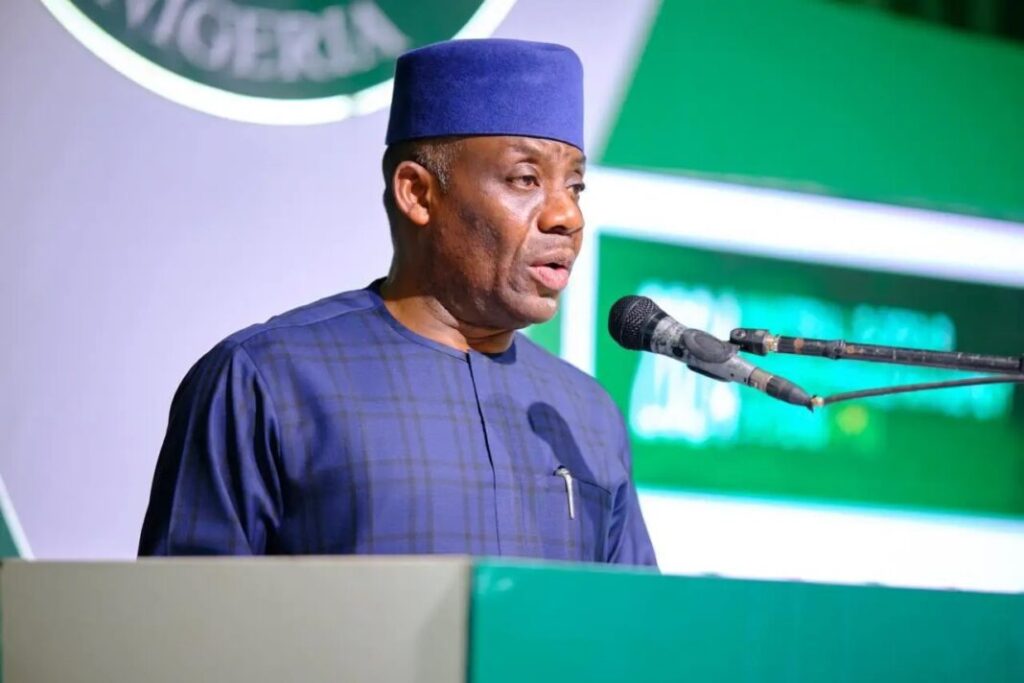
Tinubu’s reforms may not yet have solved Nigeria’s education challenges, but they are laying the groundwork for a more inclusive, skills-oriented, and digitally aligned system. The next test will be whether promises of increased funding and sustained political will can keep pace with the country’s urgent needs.


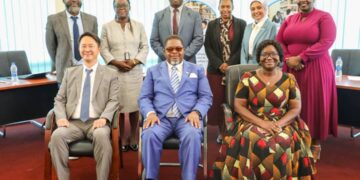


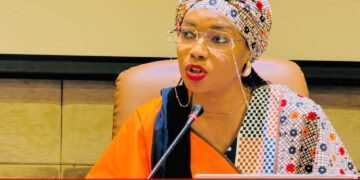
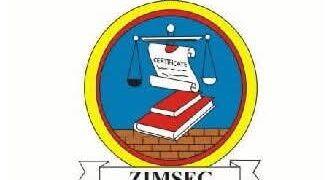
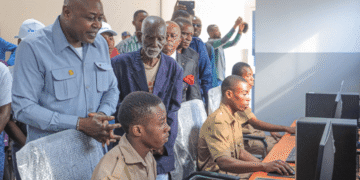


















































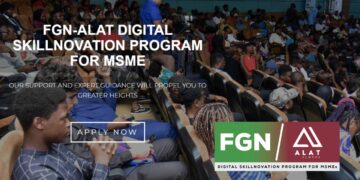
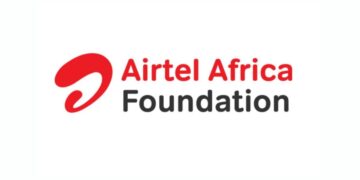
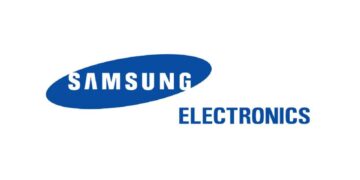
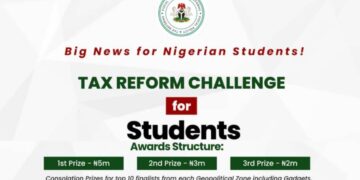





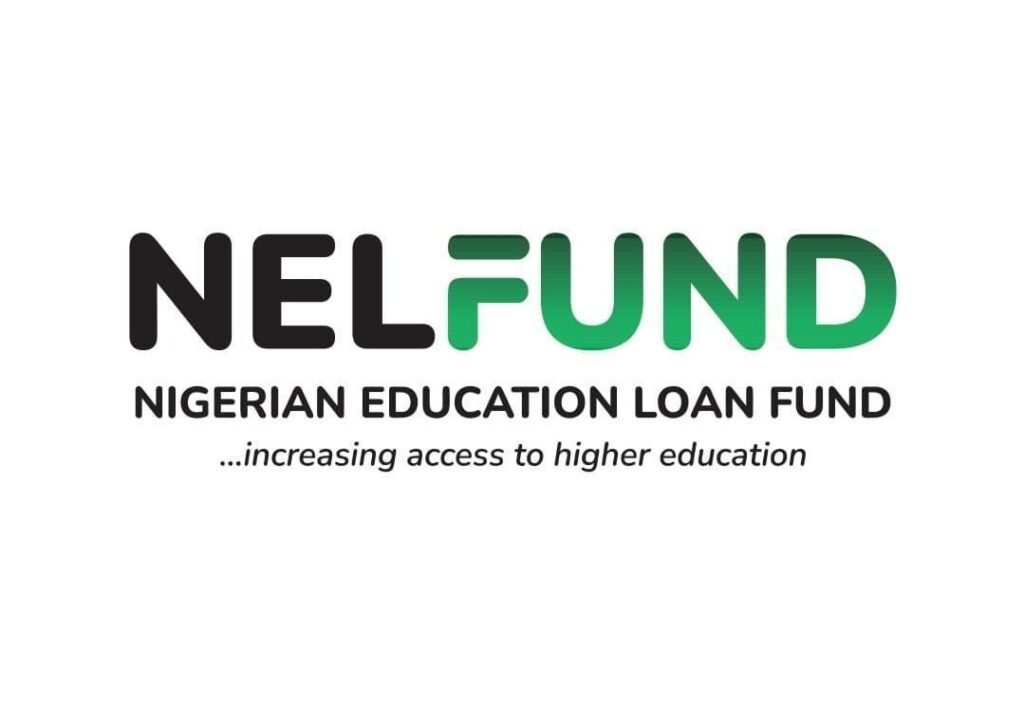

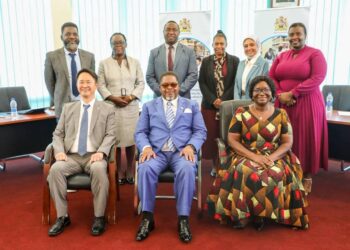
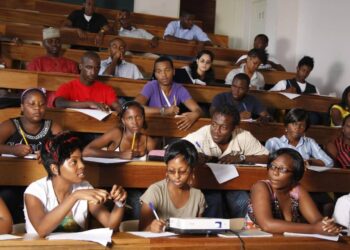

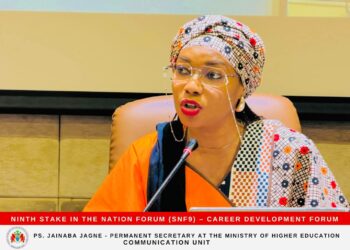
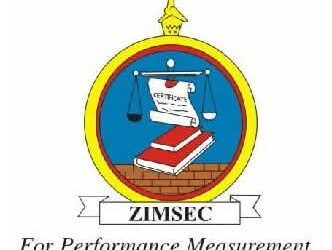
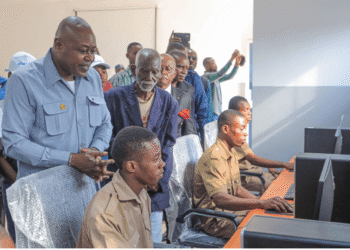










 EduTimes Africa, a product of Education Times Africa, is a magazine publication that aims to lend its support to close the yawning gap in Africa's educational development.
EduTimes Africa, a product of Education Times Africa, is a magazine publication that aims to lend its support to close the yawning gap in Africa's educational development.

